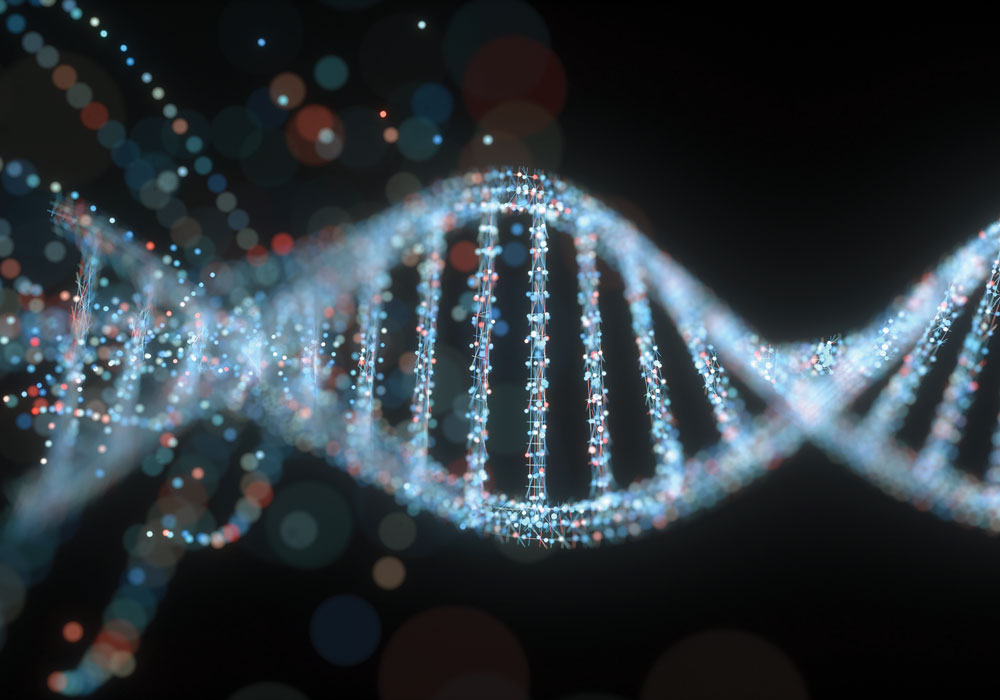Novobiocin, an antibiotic discovered during the 1950s, may be a potential second-line therapy for patients whose tumors have become resistant to poly (ADP-ribose) polymerase (PARP) inhibitors, researchers reported in Nature Cancer. The finding may open up new options for patients with BRCA-variant disease such as breast, ovarian, pancreatic, and prostate cancer.
PARP inhibitors such as olaparib and talazoparib block the PARP enzyme that helps repair damaged DNA and are particularly effective in cancers with DNA-repair genes variants, namely BRCA1 or BRCA2. In their study, the researchers demonstrated that novobiocin blocks a different protein involved in the same process, which could allow clinicians to use a different channel to maintain a patient's prescribed treatment approach when PARP inhibitors no longer work. They reported that novobiocin killed cancer cells with deficiencies in homologous recombination repair in in vitro and in vivo models. The drug also shrank tumors in mouse models of triple-negative breast cancer that had variants in DNA-repair genes.
Additional studies are underway to confirm and expand on the findings. Preliminary reports suggest that using novobiocin in combination with a PARP inhibitor may prevent treatment resistance to either therapy.
“Most important, we found that novobiocin killed tumors that had become resistant to a PARP inhibitor,” the authors said. “Novobiocin was even more effective in combination with a PARP inhibitor.”






